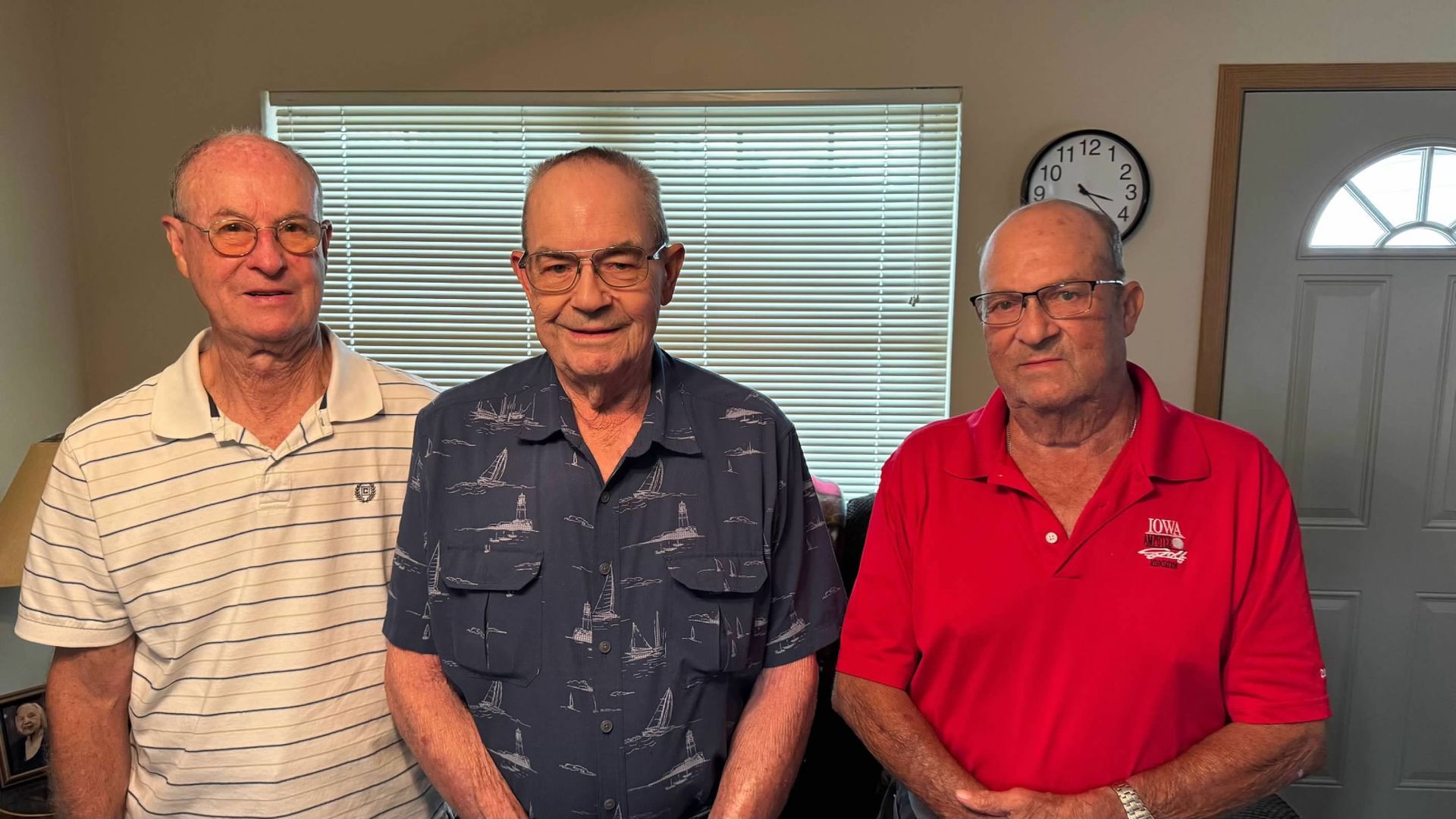Surviving a Collision with a Garbage Truck
I got hit by a garbage truck the other day, but was able to recover quickly, because it wasn’t the first time it happened, and it won’t be the last.
It’s an unfortunate reality that everyone will occasionally run into a garbage truck through no fault of their own. (see ‘The Law of the Garbage Truck” below)
One day I hopped in a taxi and we took off for the airport. We were driving in the right lane when suddenly a black car jumped out of a parking space right in front of us. My taxi driver slammed on his brakes, skidded, and missed the other car by just inches!
The driver of the other car whipped his head around and started yelling at us. My taxi driver just smiled and waved at the guy. And I mean, he was really friendly. So I asked, ‘Why did you just do that? This guy almost ruined your car and sent us to the hospital!’ This is when my taxi driver taught me what I now call, ‘The Law of the Garbage Truck.’
He explained that many people are like garbage trucks. They run around full of garbage, full of frustration, full of anger, and full of disappointment. As their garbage piles up, they need a place to dump it! Sometimes they’ll dump it on you. Don’t take it personally. Just smile, wave, wish them well, and move on. Don’t take their garbage and spread it to other people at work, at home, or on the streets.
The bottom line is that successful people do not let garbage trucks take over their day.
The garbage truck in my latest collision was a prospect who I had never talked to, before picking up the phone and calling him about a position I was helping a client fill. Within seconds of introducing myself, his aggressive tone began to dominate. He demanded that I tell him who my client was and how much they were going to pay. I assured him that I would answer those questions once we determined that his background was a good fit and that he was interested in learning more. Finally, I offered to arrange a call at his convenience, when we could discuss the opportunity further.
We never got to that point. After sending him some information on the opportunity, he repeated his earlier demands, this time through text messaging. In our exchange, I was able to determine that his background wasn’t a fit, so I thanked him for his time and asked if he could confidentially refer anyone. He responded by calling me a “god-awful recruiter.”
I know that I’m a pretty good recruiter, and was fairly certain that he was a miserable person (garbage truck), but I held off on sharing those opinions with him. Instead, I just backed away, recalling “The Law of the Garbage Truck.” I wasn’t going to spend any more mental energy on him than I already had, and I surely wasn’t going to dump his garbage on someone else.
Furthermore, I knew that my faith in humanity would soon be restored when I visited the gym over the lunch hour for my daily workout. Knowing that there are already too many garbage trucks wandering around out there, I try to be just the opposite, and the gym gives me a place to put that effort into practice.
Because I appreciate friendly, positive people, I try to be one myself. I attempt to learn the names of the people I routinely see, like the front desk people, custodian and regular members, and I try to make connections with those who are receptive. And, I try to do that all with a smile, regardless of how I feel, even if I’m still stinging from a garbage truck collision.
Per usual, the gym atmosphere didn’t disappoint. I exchanged pleasantries with people who expect me to be there at the same time almost every day, and enjoyed conversations that completely erased the garbage truck from my memory.
Getting older has taught me that kindness pays dividends, and that even when it can’t save you from garbage truck collisions, it can certainly make them easier to recover from. Take the time to create a refuge of kindness that you can rely on when something like a garbage truck threatens to ruin your day. It’s worth the effort.

